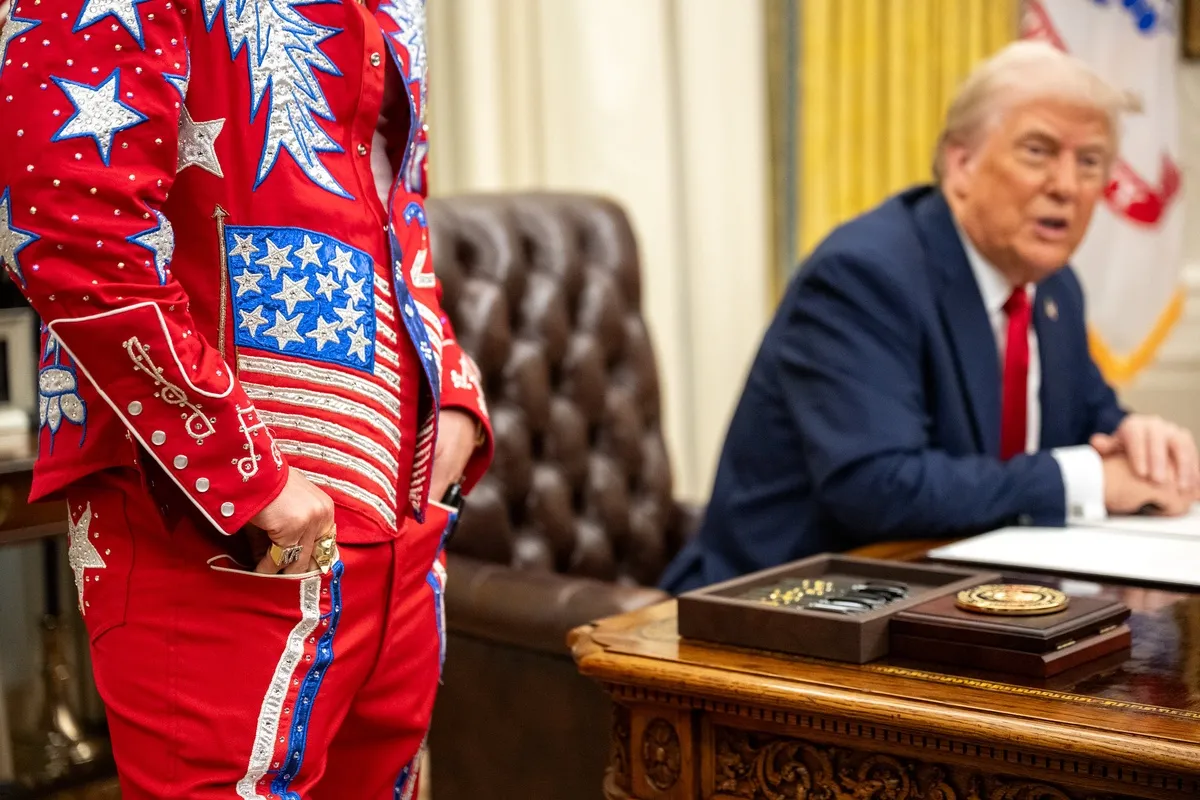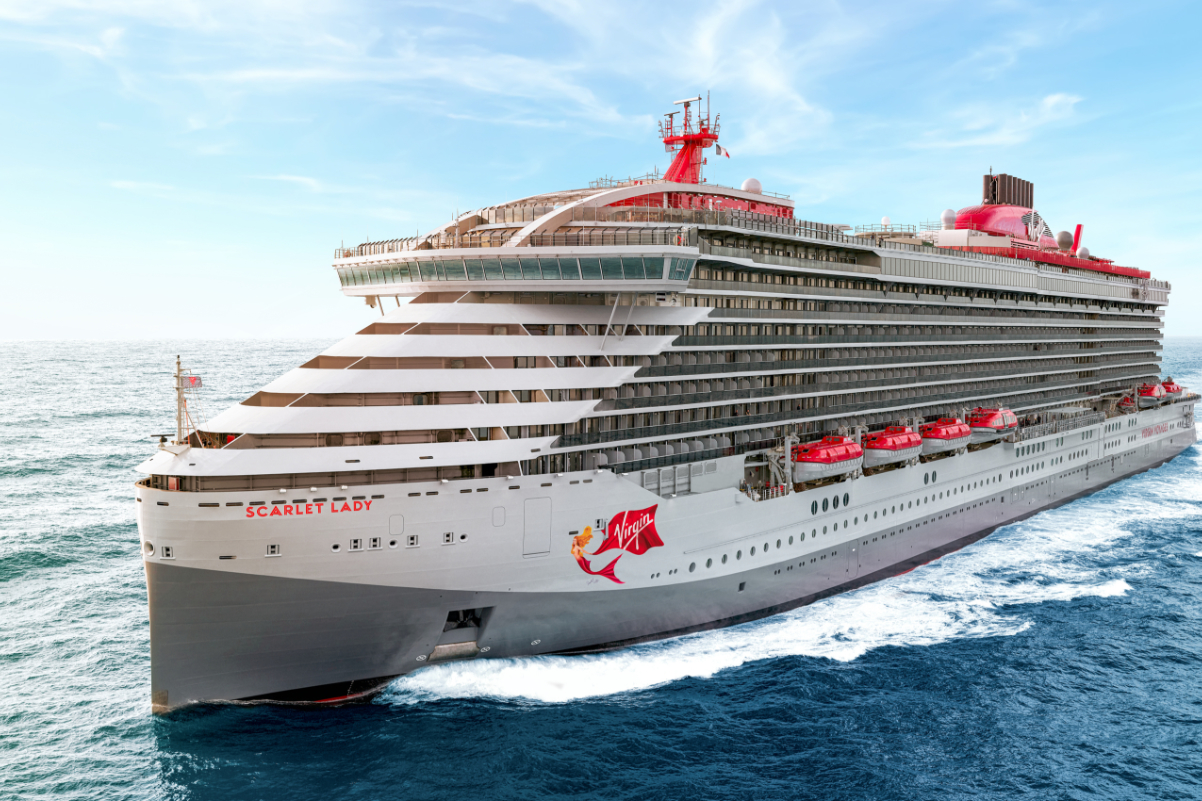2021 Holiday Trend: Giving the Gift of Travel

Skift Take
This sponsored content was created in collaboration with a Skift partner.
Prospects for the travel industry in 2022 continue to look bright, and this holiday season will be a critical moment for travel brands to prepare for the year to come. The pandemic has helped people realize what they’ve taken for granted and what is truly important, and there’s no better time than the holiday season to share a message of goodwill and cheer as consumers think about the people, places, and things that mean the most to them.
Given hiccups in the recovery caused by the Delta variant, the question remains how to keep travelers engaged when some may still not be ready to book. The key for travel brands will be to focus their marketing on experiences rather than pushing deals and discounts.
With this backdrop, travel brands have an unprecedented opportunity to focus their holiday marketing efforts around giving the gift of travel, to not only inspire would-be travelers to dream about their ideal experiences, but to also plan and picture themselves on their perfect post-pandemic adventure.
Concurrent Forces Drive the Travel Gifting Trend
Travel demand during the Covid-19 era reached an apex in early 2021. Unfortunately, the Delta variant had other plans, and many trips were postponed (again) to an indefinite future. According to the Skift Travel Tracker, the percentage of Americans who said they “definitely” would be traveling later this year fell from 49 percent to 35 percent between June and August 2021.
While the future of Covid-19 has led many to put a pause on making definitive arrangements, it hasn’t dampened the desire to travel. For example, a yPulse survey from March 2021 found that travel was the number one activity millennials and Gen Z alike were most looking forward to post-pandemic.
Research has long shown that millennials prefer to spend their money on experiences over material goods. According to a widely cited study from Eventbrite and Harris Interactive, nearly 80 percent said they’d choose an experience or event over buying something. That’s where the gift of travel comes into play: It presents an opportunity to give someone, or oneself, the ability to turn those dreams into reality whenever the time is right.
Well before Covid-19, gift giving had been already trending away from goods toward experiences. According to a 2018 Eventbrite survey, 63 percent of U.S. adults of all ages said they’d prefer an experience over something material, and half said they planned to give such gifts. What’s more, 85 percent of the respondents agreed that experiences were a great way to enjoy a gift together with the recipient.
These trends continued into 2021, as 20 percent of millennials said they gave an experience as a gift in the first 12 months of the pandemic, according to a March 2021 survey from Lightspeed and Mintel.
“We've seen concurrent trends — in the midst of losing the ability to have certain experiences during the pandemic, there's an increased desire to give or receive experiences over material things,” said Kirstin Frazell, industry manager, travel, at Facebook. “This is especially true among millennials, or the ‘experience generation.”
How Travel Brands Can Spark Hope This Holiday Season
A gift of travel can take on many different forms. Everyone’s pandemic life has been different, which means everyone has different motivations, whether that’s self-care, boosting a romantic relationship, taking the family on an adventure, reconnecting with friends, or giving a loved one something to look forward to. The fact remains that people will be eager to reward themselves or give others a gift to cash in on what they’ve missed out on over the past 18 months.
One advantage of giving the gift of travel is flexibility on all fronts: Travel doesn’t have to be limited to a specific time and place. That could mean marketing an annual pass for an experience, offering special promotions that can be bundled together for groups, or promoting vouchers or gift cards that can be redeemed at any time. It could also mean nudging customers to book a vacation during the holidays (instead of giving each other material things) while emphasizing flexible booking policies.
The Delta variant has further fueled the sentiment that some travel industry commentators are calling “revenge travel” — or the virulent desire to book the most extravagant celebratory vacation possible, as soon as one feels comfortable doing so. In the face of prolonged travel restrictions through the summer and early fall, gift-givers can satiate others' desires for such trips by sending them a way to enjoy these coveted experiences.
According to 360 Market Reach, revenge travel is hallmarked by spending more on a vacation than one would have previously. With pent up savings and even more bottled up energy, 40 percent of consumers said they expected their next vacation to have a higher price tag than what they would have tolerated in the past. Travelers ages 18 to 34 indicated they planned to spend up to 50 percent more on average.
And it’s not just about spending more. Travelers expect to take longer trips to new, exotic, and luxurious locations, as well. Undoubtedly, this is being influenced by social media, as 80 percent of consumers who said they were planning to spend more on travel indicated that social media will play a key role in their plans and experiences.
Social media has only gained prominence compared to pre-pandemic when it comes to vacation and travel inspiration, according to the Mintel Vacation Planning Report from May 2021. While the direct influence of family and friends on travel decisions decreased nearly 20 percent from 2019 to 2021, use of social media for inspiration increased 150 percent post-pandemic.
Travel brands have a prime opportunity to provide a unique and much-desired message of hope, joy, and future-focused happiness during this upcoming holiday season. This spirit can come to life in a number of ways, from advertising on social media to creating assets and landing pages that inspire would-be travelers — or their loved ones — to purchase gift cards or experience vouchers. Whether speaking to existing customers or reaching new audiences, the gift of travel can help to build trust and gain loyalty — which will also give brands a leg up during recovery.
This content was created collaboratively by Facebook and Skift’s branded content studio, SkiftX.




